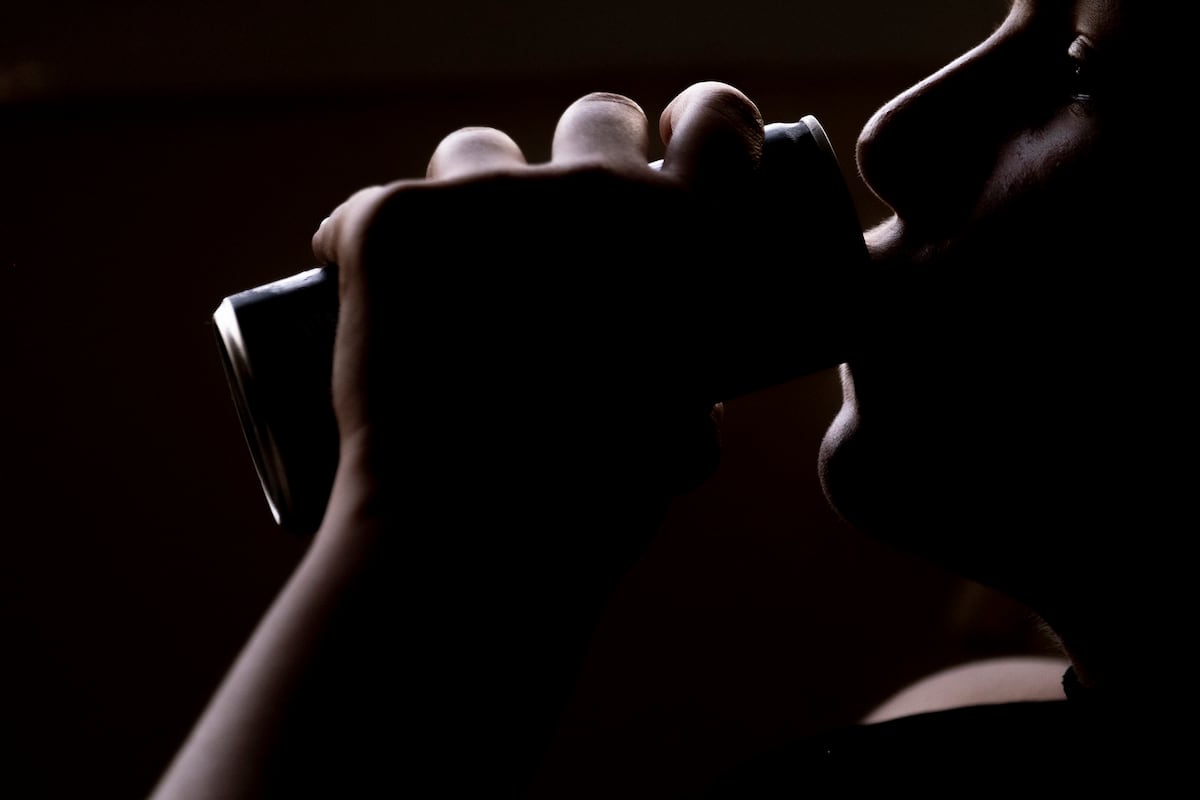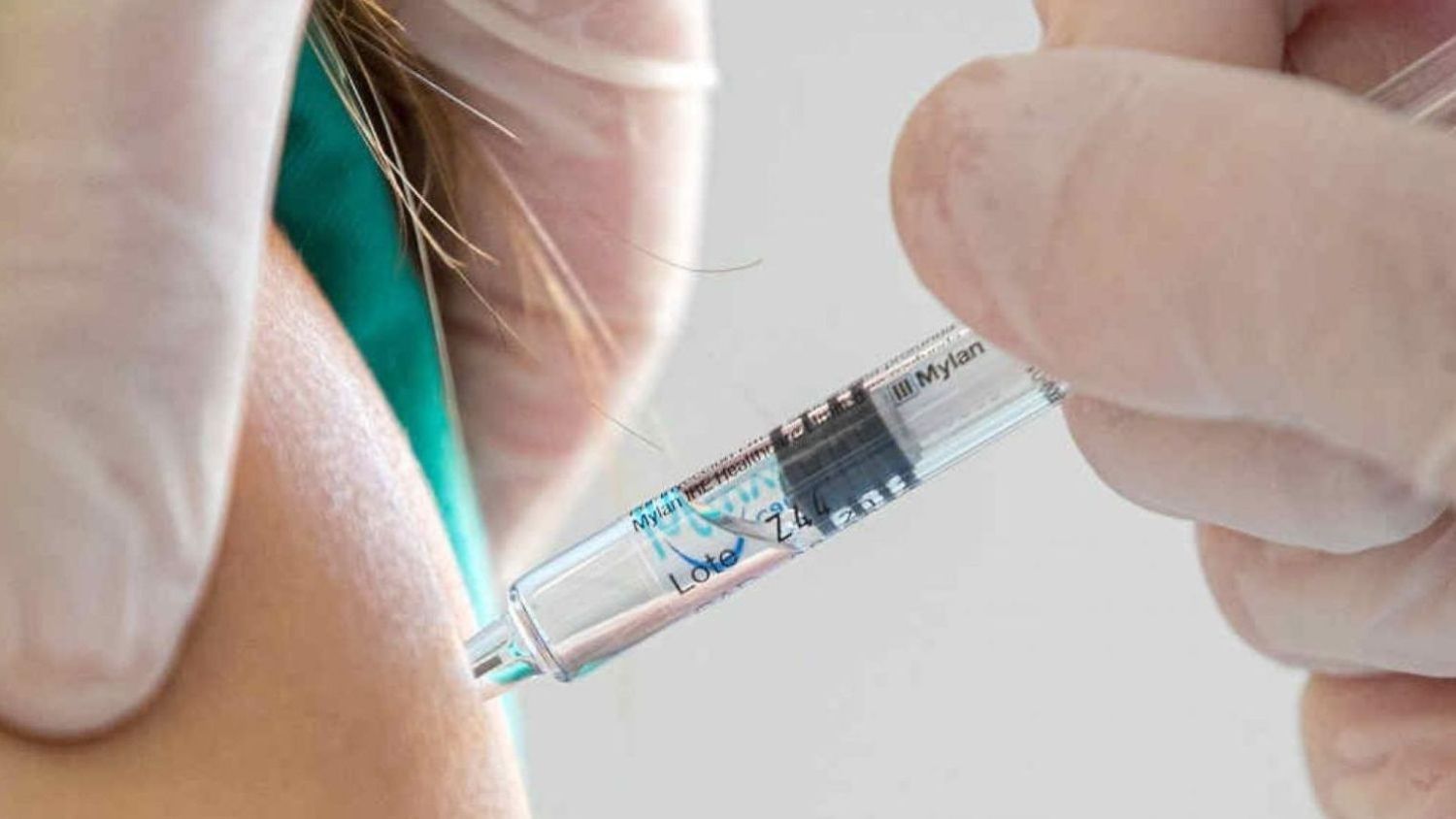The toll of energy drinks: insomnia, palpitations and more anxiety | Health and well-being
On the shelves of a supermarket, a row of cans of colors and exotic flavors inaugurates the energy drinks area. Inside the packages, which advertise a taste of peach, mango, coconut or watermelon, for example, a liquid with a high sugar content and generous doses of caffeine, taurine or ginseng, all of which are known stimulants for the body, promise to wake up and awaken the consumer, improve their concentration, combat fatigue or increase alertness. And they probably succeed: if a cup of coffee has about 100 milligrams of caffeine, a half-liter can of this type of soft drink reaches 160. But staying alert has a price and the medical community has already begun to warn that consumption Abuse of these soft drinks can affect your health.
The consumption of energy drinks is increasingly common—especially among adolescents—and scientists are raising concerns about the potential cardiovascular and mental health impact of intensive or sustained consumption over time. In the scientific literature, insomnia, palpitations, anxiety or gastrointestinal disorders associated with drinking this type of soft drink have been reported. And, depending on the dose of stimulant ingested and the underlying predisposition, the toll can be even greater: some specific cases of cardiac arrest and death linked to the abuse of these drinks have also been reported.
The global prevalence of consumption is estimated, according to a study published this year, at around 32% in the last month. That is, a third of people have consumed this type of drink in the last 30 days. But the experts consulted are especially concerned about young people and the effects of these soft drinks on an organism that is still maturing. “It is a curious social phenomenon. We should worry, but not be alarmist because it is not such a harmful substance. But there are population subgroups at higher risk that can cause more mental health problems that can last over time because they occurred when those brains were maturing,” summarizes Chema González Echevarri, neurologist at the Neurocognitive Disorders Unit of the Joan Hospital. XXIII of Tarragona. According to the Ministry of Health’s ESTUDES survey of students aged 14 to 18, in 2023, almost half (47.7%) had drunk energy drinks in the last 30 days.
There are not usually acute poisonings in the emergency room due to these drinks, also clarifies Lidia Martínez, emergency pediatrician at the Sant Joan de Déu children’s hospital in Barcelona, but that does not diminish the relevance of the phenomenon. “It is worrying because a product is being marketed that teenagers can consume and that creates addiction, because caffeine creates addiction, and the population does not have that perception of risk,” says the specialist, who is also one of the coordinators of the group of Poisoning work of the Spanish Society of Pediatric Emergencies. The cans carry warnings that their consumption is not recommended for children and pregnant women.
In the era of exhaustion, these products are sold as “fuel” for the body, capable of increasing physical resistance or giving a feeling of well-being. But Health points out, in a report, that “they have important consequences at the brain and metabolic level.” “Some of the adverse effects of energy drinks are the stimulation of the central nervous and cardiovascular systems and their relationship with overweight and obesity. Regular intake of energy drinks has been associated with caffeine overdose, hypertension, bone loss, and osteoporosis. Among the side effects resulting from regular consumption, palpitations, insomnia, nausea, vomiting and frequent urination stand out,” they summarize.
A scientific review on the effects of acute or chronic consumption of these soft drinks identified 86 cases that suffered adverse effects. They were mainly cardiac damage, such as arrhythmias, but nine cases of cardiac arrest were also reported (three of them ended in death). Neurological effects in the central nervous system (seizures or cerebral vasculopathy) and gastrointestinal disorders, such as hepatitis and pancreatitis, were also reported.
Sugar and caffeine, in the spotlight
Doctors are especially concerned about two ingredients in energy drinks: sugar and caffeine (or other stimulants). Regarding the latter, González Echevarri, who is also a member of the Spanish Society of Neurology, describes the impact on the brain: “Stimulants such as taurine and caffeine modulate a neurotransmitter that increases concentration, but can also cause insomnia problems or “You tolerate anxiety worse, with all its effects, such as tachycardia, tremors and irritability.”
A study recalls that caffeine, in addition to causing dependence, is associated with gastrointestinal and psychological problems; Ginseng has also been linked to the risk of some tumors, and ginkgo biloba, another ingredient also used in energy drinks, has been linked to the risk of spontaneous bleeding, including intracranial hemorrhages. Regarding the probability of stroke or brain hemorrhages, the neurologist points out that it is “extremely rare”: “The young body can endure a lot because it has good repair capacity and everything works well.”
However, in people with a certain susceptibility to cardiovascular problems, mental health problems or anxiety symptoms, the consumption of energy drinks can exacerbate some symptoms, González Echevarri adds: “You have more options for these stimulants to decompensate something that was already there. People who are anxious-depressed or suffer from insomnia are very sensitive to stimulants and their symptoms will worsen. At the cardiovascular level, it is common to feel tachycardia and, sometimes, it generates arrhythmias, but that has to happen because we are more susceptible or take large quantities.”
Acute poisoning does not have such an impact. But sustained consumption goes more unnoticed and has clear effects on physical and emotional health.”
Lidia Martínez, emergency pediatrician at the Sant Joan de Déu children’s hospital in Barcelona
Miguel Caínzos, cardiologist at the Hospital del Mar in Barcelona, points out that “more studies are needed because there is very little data on the effects of caffeine and taurine on cardiovascular health,” but he admits that they can cause “palpitations and a sensation of tachycardia.” ”. Along the same lines, Luis Rodríguez Padial, president of the Spanish Society of Cardiology, recalls that, although the cases that arrive at cardiology consultations are “punctual”, there is “a certain degree of concern” with this phenomenon and remembers that “ “If an overdose of caffeine occurs, it can lead to arrhythmias.”
Regarding sugar, Caínzos is blunt: “What is a concern is the frequent and continued consumption of these drinks due to their sugar content because it can cause insulin resistance, obesity and diabetes”, all pathological conditions that are the door gateway to other cardiovascular diseases. “Chronic consumption of such amounts of sugar is a concern,” he says. Brands have also put low-sugar options on the market.
A dangerous mixture with alcohol
The consumption of energy drinks does not usually take patients to the emergency room, but there is a serious situation in which these soft drinks can be involved: alcohol poisoning, says Martínez. “It is a problem because these soft drinks compensate for the effect of alcohol and there is not as much awareness of the effect.” [de este tóxico] in the body, more risks are taken and, when the stimulating effect wears off, the depressant level generated by alcohol increases,” explains the pediatrician, who is also responsible for the Pediatric Toxicology clinic at Sant Joan de Déu.
These drinks disguise the depressant effects of alcohol and that can cause more amounts of the poison to be ingested. According to the ESTUDES survey, almost one in five students ages 14 to 18 have mixed energy drinks with alcohol in the last 30 days.
The pediatrician asks not to minimize the impact of these drinks on health and admits that consultations do not routinely ask about caffeine consumption when, for example, a patient arrives with anxious symptoms. “If we asked adolescents about caffeine consumption, perhaps we would be surprised and find a relationship with headaches or anxiety symptoms,” he says.
Martínez, who is launching a multicenter study to find out what caffeine consumption the kids who go to the emergency room are doing, urges “incorporating” this question into the differential diagnosis. “Acute poisoning does not have such an impact. But sustained consumption goes more unnoticed and has clear effects on physical and emotional health,” he says. And he insists that an energy drink is not like a traditional cola: “The amount of caffeine is very different [medio litro del de cola puede tener 56 miligramos] And, in addition to caffeine, energy drinks have other substances and all of them are psychostimulants and cardiostimulants. “A teenager’s brain needs to be free of toxins to develop as well as possible.”
The experts consulted warn that, although there is evidence about the acute consequences of ingestion, the long-term effects of chronic consumption are unknown. González Echevarri warns, however, that “in a brain that is maturing, anything that modulates neurotransmission can generate a change.” Caínzos, for his part, emphasizes the need to provide more information “about the risks of drinking three cans”: “They cannot trivialize the amount they ingest in a short time.”




Post Comment